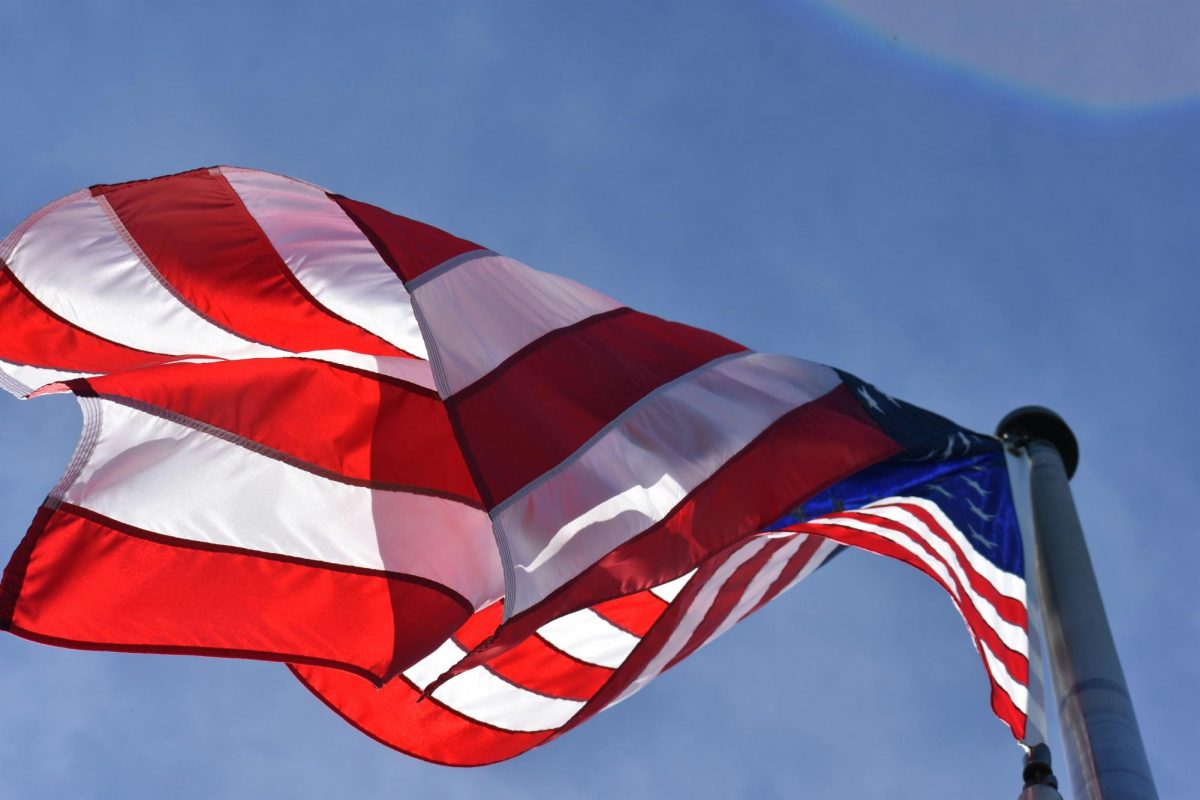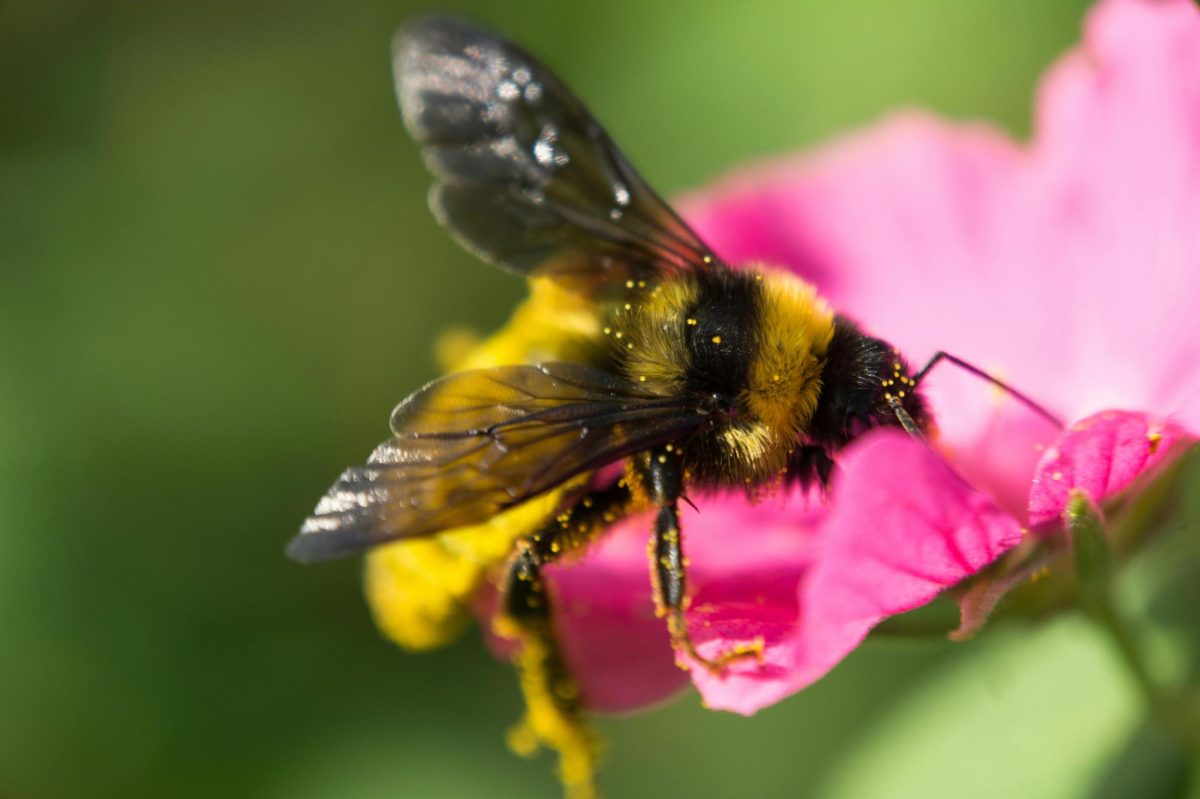Asian American, Native Hawaiian, and Pacific Islander Heritage Month celebrates the contributions of Americans of Asian and Pacific Islander Descent to the country. This year, its theme is “Advancing Leaders Through Innovation.” In 1977, after having failed to pass House Joint Resolution 540, which proposed making the first 10 days of May Asian Pacific Heritage Week, and Senate Joint Resolution 72, which proposed much the same, the House and Senate passed House Joint Resolution 1007 in 1979, which officially recognized the first 10 days of May as Asian Pacific Heritage Week. It wasn’t until 1990 that congress extended its observance to a month.
May was chosen to honor the contributions of Asian Americans, Native Hawaiians, and Pacific Islanders because of two important dates. May 7th, 1843, when the first Japanese immigrants came to the United States, and May 10th, 1869, also referred to as Golden Spike Day, when the first transcontinental railroad was completed, which owes its existence to the labor of Chinese workers.
Throughout American history, those of Asian and Pacific descent have been discriminated against. In 1854, the California Supreme Court ruled through People v. Hall that no person of Asian descent could testify against a white person in court; in 1882, congress signed into law the Chinese Exclusion Act, which prohibited Chinese immigration for two decades; during WWII, around 120,000 Japanese Americans were forcibly relocated to internment camps after the Pearl Harbor attack; and after the Vietnam war, too, Southeast Asian refugees faced regular hate and discrimination.
More recently, those of Asian descent have suffered discrimination in the wake of the COVID-19 pandemic. Asians have been blamed for the COVID-19 virus due to the fact that the first major outbreak occurred in Wuhan, China. Former President Donald Trump exacerbated this hate with his white-supremacist rhetoric, calling the COVID-19 virus the “Chinese virus” and the “Kung-flu.” Stop AAPI Hate, an initiative supporting members of Asian, Asian American, and Pacific Islander Communities, reported almost 3,800 Asian hate incidents in the U.S. between March 2020 and February 2021.
Bellingham is not exempt from these phenomena, either. On November 7th, 1885, Bellingham denizens gathered to rejoice in the fact that they had managed to drive out the city’s Chinese residents. The newspaper, with the help of city officials, had launched campaigns to push all Chinese people out of Bellingham through a combination of boycotts, threats, and claims that jobs were being stolen from Bellingham’s white inhabitants. It isn’t known exactly how many people were forced to leave, but they had businesses and houses throughout two blocks in downtown Bellingham.
Later, in the early 1990s, many Punjabi Sikhs settled in Vancouver, British Columbia, and subsequently in Bellingham, too. Unfortunately, Bellingham still held the same anti-Asian attitudes it did when its white residents drove out its Chinese residents nearly a century before. The influx of South Asian immigrants sparked outrage amongst Bellingham’s white inhabitants, which soon devolved into mob violence intent on driving out the Punjabi Sikhs. On September 4th, 1907, 500 white men in Bellingham gathered and moved through the streets, beating people indiscriminately and damaging property. Eventually, the mob gathered around 200 of the South Asian migrants and tossed them in the City Hall basement for the night. Within 10 days, Bellingham’s entire South Asian population left town, moving both up and down the coast looking for safer living conditions.
The anti-Asian violence in Bellingham was a part of a larger movement on the west coast called the Japanese-Korean Exclusion League, later renamed to the Asiatic Exclusion League, reflecting hatred towards a wider range of ethnic groups.
Today, at the corner of Lottie and North Commercial Streets, stands a red granite arch that reads “Healing and Recognition.” This structure is intended to honor the contributions of Asians to the U.S., and also acknowledges the history of the Chinese Exclusion Act, Japanese internment during WWII, and the anti-Sikh riots in Bellingham.
This year, to celebrate Asian American, Native Hawaiian, and Pacific Islander Heritage Month, the Smithsonian Institution is holding a free virtual tour featuring Asian art until May 30. You can sign up for the webinar here.
SOURCES:
Why Asian Pacific American Heritage is celebrated in May : NPR
Asian American and Pacific Islander Heritage Month – Dates, Quotes | HISTORY
Asian Pacific American Heritage Month 2023 (asianpacificheritage.gov)
Asian American and Pacific Islander Heritage Month – United States Department of State
A History of Anti-Asian Hate in the United States – Open Society Foundations
A long history of bigotry against Asian Americans — Harvard Gazette
Remembering Washington’s Chinese expulsion 125 years later | The Seattle Times








